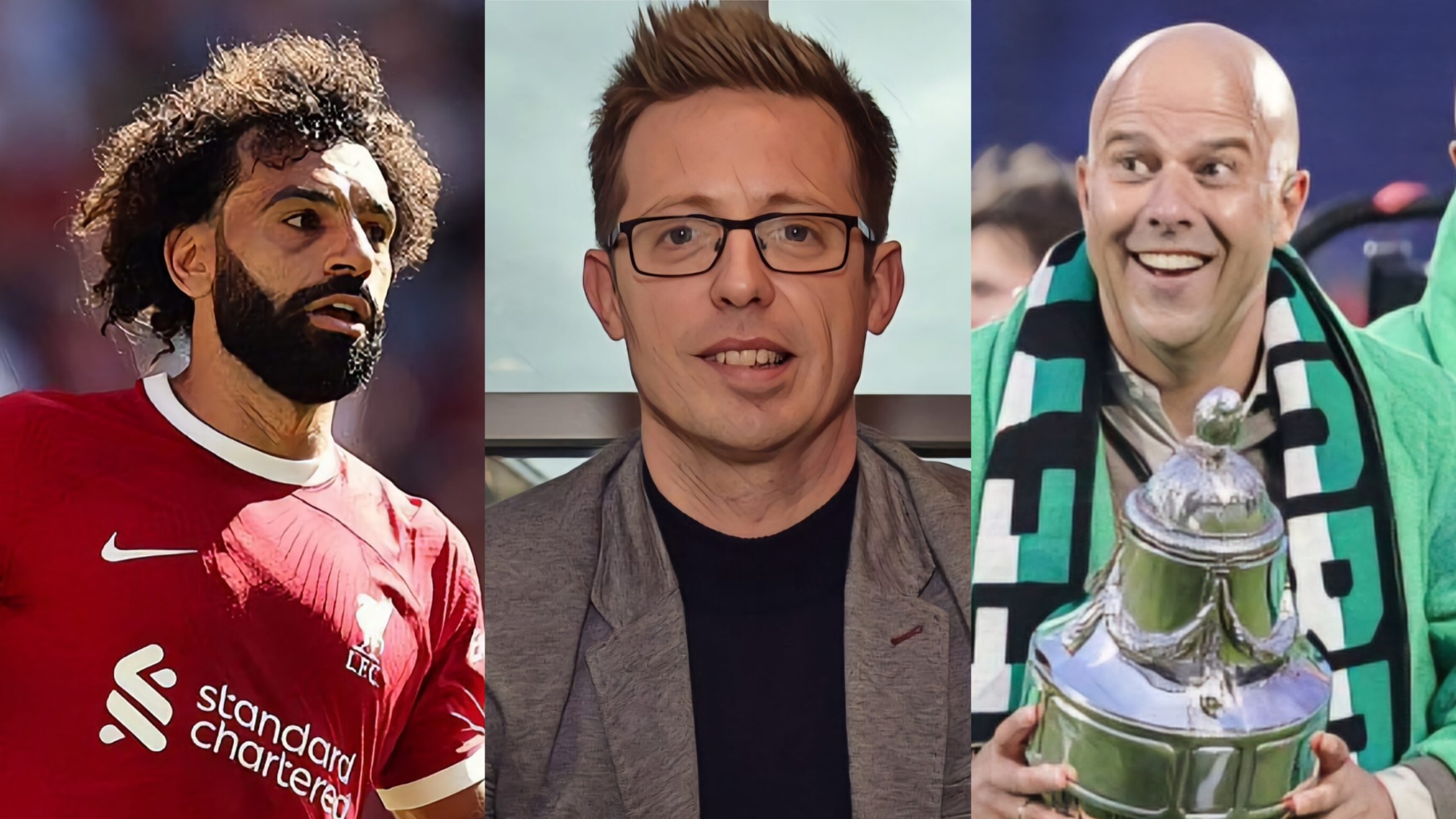If you had offered Liverpool fans a trophy and a third-placed finish before the season began, they probably would have taken that.
Barring the final two months when the Reds put together a fine run of form to almost qualify for the Uefa Champions League, the previous campaign had been a huge disappointment.
The Merseyside outfit went from Premier League title challengers to distant also-rans, making it clear that an overhaul of the squad was needed. Veterans were let go, fan favourite Roberto Firmino made for Saudi Arabia, and the midfield was completely reconstructed.
A transition phase was on the cards; expectations were not particularly high for this season, it was mostly about building for the future.
And yet, Jurgen Klopp did what Jurgen Klopp does. He got the absolute most out of a group of players, to the point where they were top of the table with just two defeats by the beginning of April.
The ensuing month saw it all fall apart. A draw with Manchester United at Old Trafford, something Klopp repeatedly returns to in press conferences and interviews, derailed their title charge.
Defeats to Crystal Palace and Everton came either side of elimination from the Europa League at the hands of Atalanta. Their only wins in April were against Sheffield United and Fulham.
Winning the League Cup and finishing just behind Arsenal and Manchester City is nothing to be sniffed at, as mentioned at the top. But the way it has unravelled for Liverpool is understandably demoralising for supporters – but it also throws up a myriad of questions about the team going forward.
Transfer guru Michael Edwards, one of the key architects behind the club’s success before leaving in 2022, has returned in a new all-powerful role, and he’s brought with him Richard Hughes as the new sporting director.
The pair have a huge task on their hands heading into next season and beyond as they prepare to shape the post-Klopp era.
It was assumed by many that the team was set for the future given the success of last year’s signings, namely Dominik Szoboszlai and Alexis Mac Allister, and the emergence of some very promising talent from the academy.
Ryan Gravenberch and Cody Gakpo, though, are yet to prove themselves worthy of a place in the starting XI. Wataru Endo has proved a shrewd signing, but it still has the feeling of a stopgap. They have invested a lot in midfield, but a new defensive midfielder still appears necessary.
Aside from Conor Bradley and Jarrell Quansah, Klopp has not integrated the youngsters that helped win the League Cup into his Premier League lineups. Jayden Danns, Bobby Clark and James McConnell are highly-rated talents, but it remains to be seen if they can make the step up.
Some of their key players in recent times are getting on a bit in age, such as Andy Robertson, Virgil van Dijk and Mo Salah. The latter two, along with Trent Alexander-Arnold, have contracts that expire in 2025. Is the next great Liverpool team going to be built around those names?
It’s a lot for Edwards and Hughes to juggle in just one summer, especially with a new manager incoming.
They have landed on Arne Slot as the man to take the club into the future, a big gamble for them to take with so much riding on it.
The Dutchman has an impressive record at Feyenoord, taking the Rotterdam outfit to a European final, winning the Eredivisie title and the KNVB Cup over the past three years. But they have chosen to overlook more experienced coaches with a record of success for someone who has never managed outside of his own country.
Perhaps the chance to run football operations without a big but often difficult personality like Klopp appealed most to Edwards. Does he see Slot as a more malleable individual than the man he’ll be replacing? As CEO of Football at FSG he will have almost total control, but that also comes with accountability. Failure would come back on him.
Meanwhile, other clubs are on the up. Aston Villa are desperate to break up the Big Six, Spurs are still a work in progress but are progressing under Ange Postecoglou, Newcastle United will eye another run at the top four, while Sir Jim Ratcliffe is working to turn around a decade of mediocrity at Manchester United. The upper half of the Premier League could be insanely competitive next season.
Klopp hit the nail on the head when he suggested the next manager’s job has been made easier by Liverpool’s April collapse. Had they ridden wave a wave of emotion on their way to the title and/or a European trophy during his farewell tour, these question marks would still exist to a large degree, but the expectations for the future would be out of this world.
That would surely be an impossible situation for Slot – it’s going to be difficult enough as it is.



